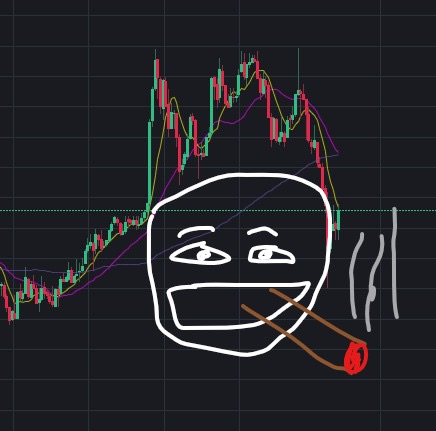
Tmkgi
No personal profile
122Follow
4Followers
0Topic
0Badge
$SoFi Technologies Inc.(SOFI)$Patience
Patience
Let’s go!!
$wish
Sorry, the original content has been removed
ELON MUSK
Sorry, the original content has been removed
TRAVEL WILL BE BACK!
TSLA TO THE MOON
Wall St snaps five-day up streak as caution rises before tech earnings, Fed
Next fintech play!!
LFG TO THE MOON!!
SoFi Technologies: A Next Generation Banking Disruptor
All day err day
$SoFi Technologies Inc.(SOFI)$Let’s get it to $30!!
LETS MAKE SOME $$ like if you want to!!
US IPO Week Ahead: 17 IPOs are coming
To the moon!!!
Beautiful gains !!
Sorry, the original content has been removed
$SoFi Technologies Inc.(SOFI)$Oh come on!! PT $30!!!
$ContextLogic Inc.(WISH)$Let’s go to $69
Nice, BABA TO THE MOON
Central banks will accelerate rise of China's yuan - OMFIF report
What’s a good price to get in?
Go to Tiger App to see more news